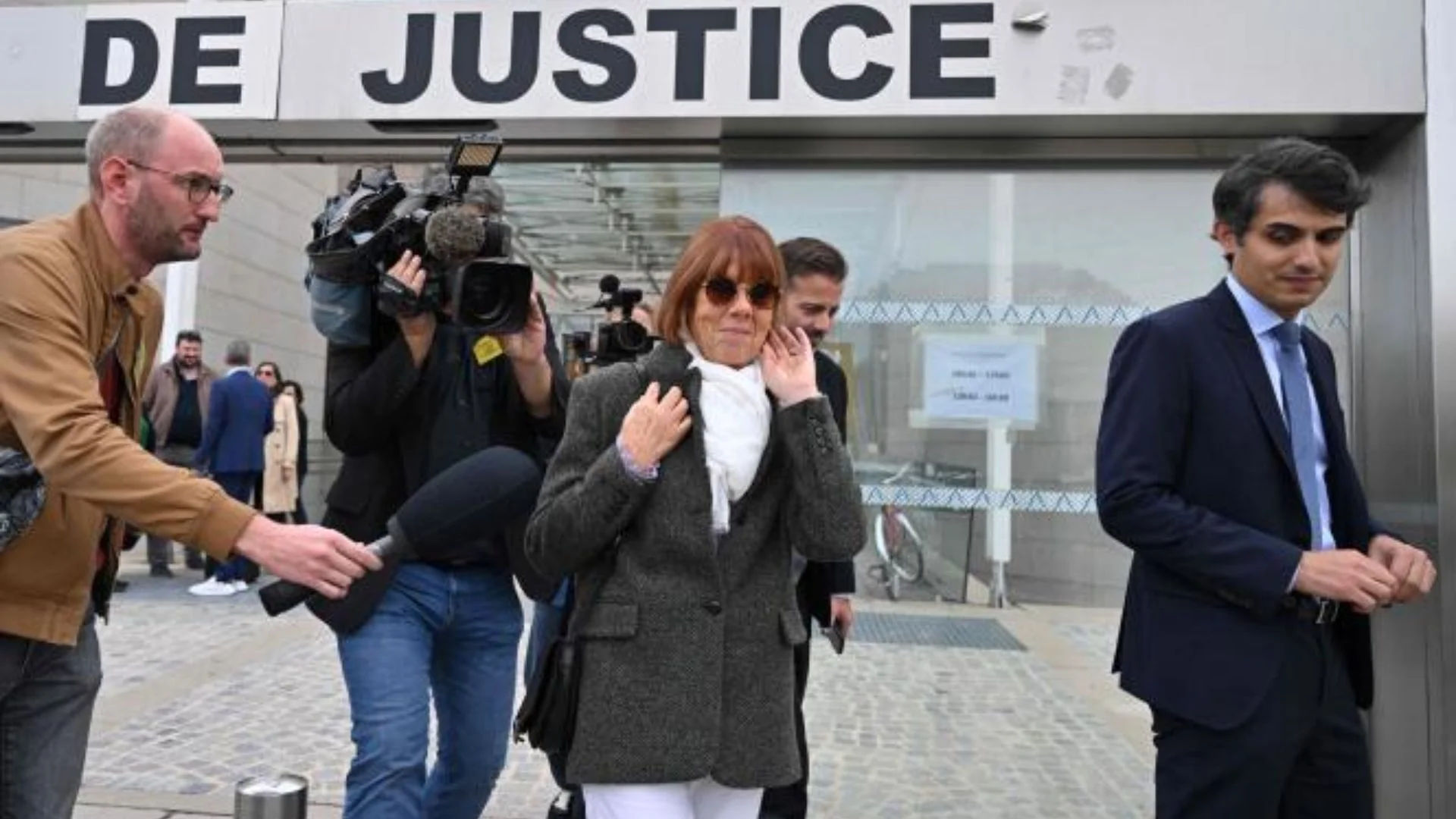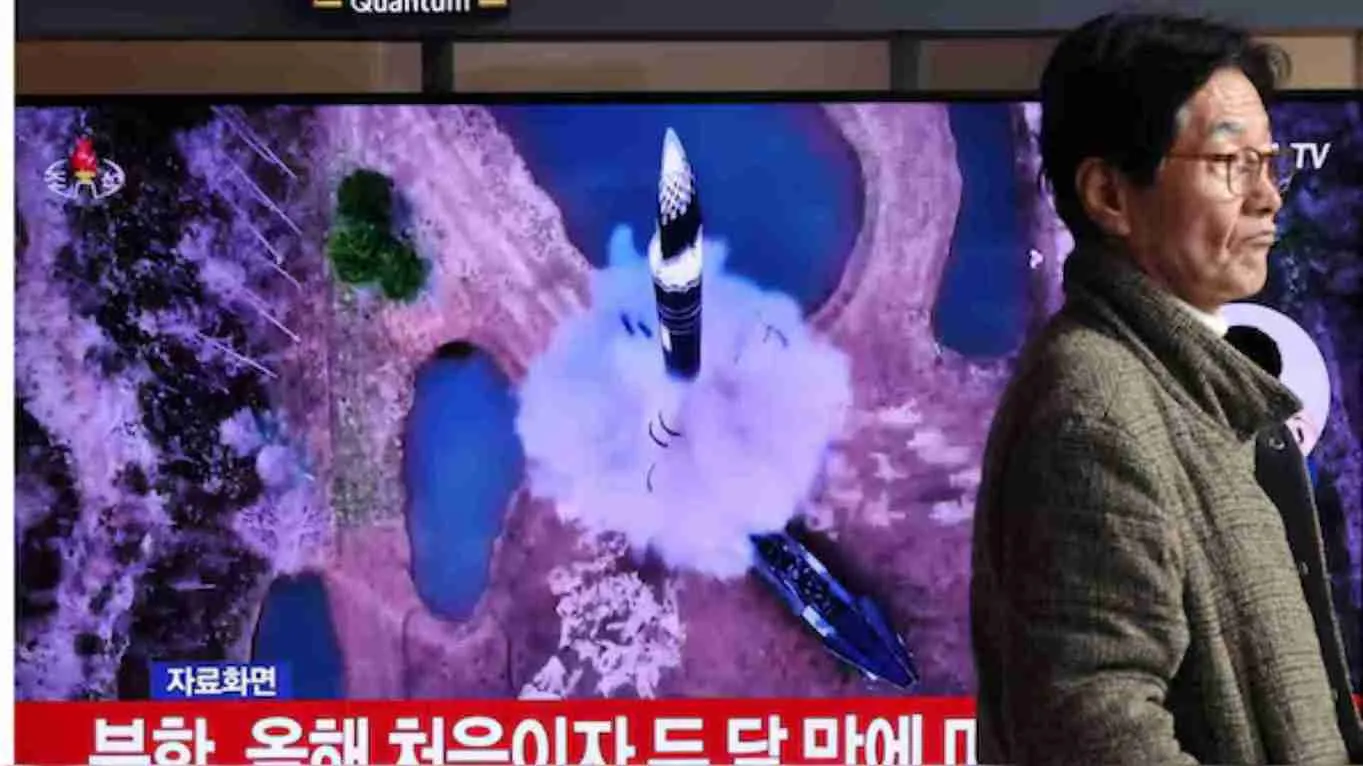A French court on Friday reversed an earlier decision and ruled that the public can be present during the screening of video evidence in the trial of Dominique Pelicot, who is accused of orchestrating the rape of his heavily drugged ex-wife, Gisele Pelicot, by dozens of strangers.
The decision, announced by Judge Roger Arata in the court in Avignon, was hailed as a “victory” by Gisele Pelicot’s legal team. The ruling comes after the court initially restricted the viewing of video evidence to only the parties involved and the court, citing the indecency and shocking nature of the footage.
Judge Arata stated that before any screening, an announcement will allow those of a sensitive disposition and minors to leave the courtroom. The judge added that the screening of video evidence will not be systematic but only occur when necessary to expose the truth, at the request of either party.
Dominique Pelicot is accused of documenting much of the abuse, taking meticulous notes and filming the assaults, which helped police uncover the crimes. He first came under investigation in 2020 after being caught filming upskirt images in a supermarket.
Lawyers for Gisele Pelicot have fought for the trial to remain open to the public, with her legal representative, Stéphane Babonneau, arguing that French law grants victims of sexual violence the right to decide whether proceedings should be public. Babonneau described the ruling as a “victory in a fight that should not have been necessary.”
Gisele Pelicot, now seen as a feminist icon in France, hopes that her willingness to highlight her suffering will help prevent future cases of drug-facilitated sexual abuse. The trial, which is set to continue until December, involves 49 men charged with raping or attempting to rape Gisele Pelicot. One of the men has admitted to sedating his own wife so he and Dominique Pelicot could assault her.
While some defense lawyers opposed the video screenings, Gisele Pelicot’s legal team argued that the footage would dispel any notion of accidental rape and expose the misogynistic motives behind the attacks.























